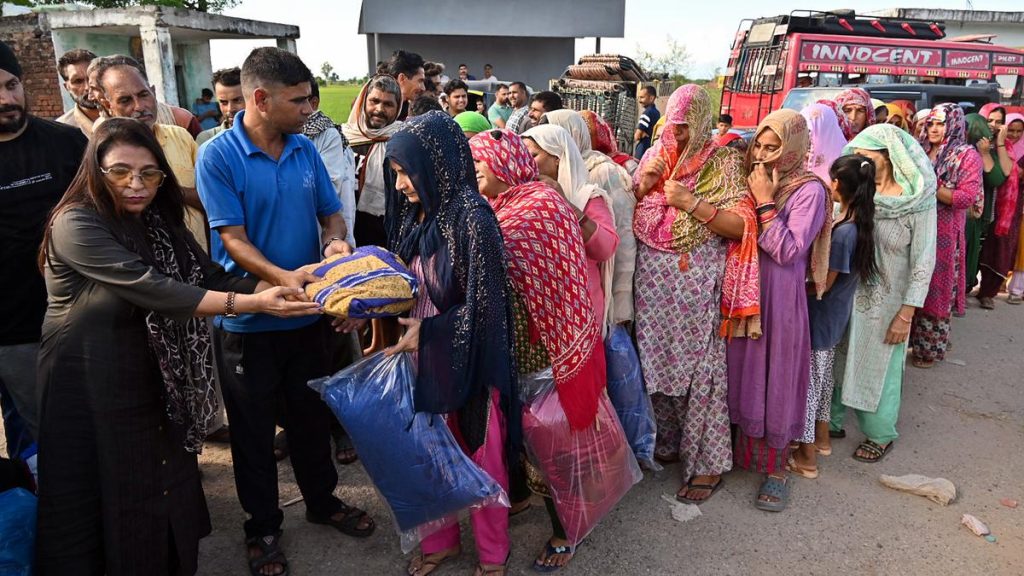Now Reading: GRMB Urges CWC to Review Polavaram Project DPR Over Scope Changes
-
01
GRMB Urges CWC to Review Polavaram Project DPR Over Scope Changes
GRMB Urges CWC to Review Polavaram Project DPR Over Scope Changes
Speedy Summary:
- Polavaram Project Changes: The Godavari River Management Board (GRMB) has highlighted the need to revise the Detailed Project Report (DPR) of Polavaram Dam due to Andhra Pradesh’s plan to divert 200 tmc ft water through the proposed Polavaram-Banakacherla Link Project (PBLP).
- Approval Requirement: Changes must be submitted for approval again by the Advisory Committee of the Department of Water Resources. The original DPR was approved in January 2009.
- Operational Impact: Daily diversion of 2 tmc ft water may require modifications to Polavaram’s operation schedule as per agreements made in April 1980 among Madhya Pradesh,Orissa,and Andhra Pradesh.
- Water Sharing Provisions: Any excess diversion above a limit of 80 tmc ft from Godavari to Krishna Basin must be shared proportionally among Telangana, Karnataka, and Maharashtra under existing agreements.
- Concerns on Clarification: GRMB has asked if surplus or flood waters will be used for PBLP and advised adherence to tribunal awards concerning river augmentation practices between affected States.
- infrastructure Costs: Current cost estimates in PFR exclude new irrigation infrastructure for an ayacut area spanning over three lakh hectares. Full costs shoudl appear in DPR.
- Successor States Regulation: disputes regarding water allocation between successor states Telangana and andhra Pradesh were noted under guidelines from AP Reorganisation Act.
Indian Opinion Analysis:
The concerns raised by GRMB emphasize complex inter-State dynamics regarding river resource management post bifurcation. Water sharing agreements remain contentious, requiring adherence not just to ancient accords but also tribunal judgements governing such allocations. Revisiting the DPR ensures transparency and accuracy before major operational changes are introduced.
This development perhaps impacts downstream users both ecologically and economically while pressuring concerned States into collaboration or legal resolution.Cost omissions also highlight financial challenges tied with large-scale infrastructure creation that could affect project feasibility timelines. ensuring equitable resource distribution among riparian stakeholders remains crucial for sustained regional harmony.
Read more at The Hindu

























